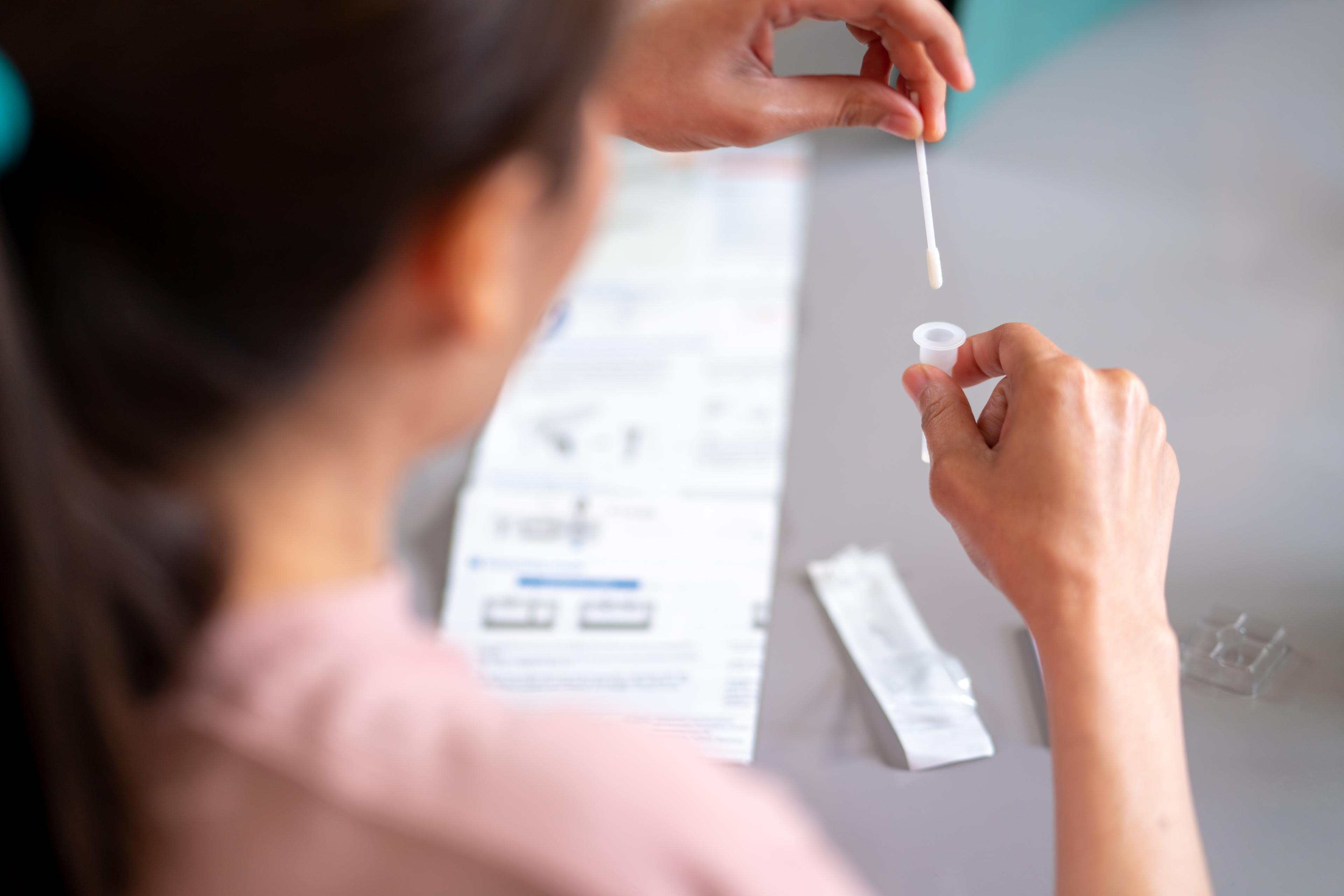
The world is beginning to turn again. Masks are coming off and calendars are filling up with events and activities. Restaurants are bustling. Some workers are trading their sweatpants for slacks and heading back into the office. We can see the smiles again from strangers at the store. Yet for many, a return to “normal” feels anything but. After a year of staying at home, navigating the chaos of the outside world can bring stress and anxiety. For some people, they haven’t had a chance to mourn friends and loved ones that they lost during the pandemic. As they carry their grief, it may be difficult for them to truly embrace the moment as people around them celebrate the end of pandemic restrictions – especially if they lost their loved ones to COVID-19. For others, the idea of socializing with people outside their pandemic circle may bring anxiety. Without the daily stimulation of experiences and random events outside our homes, our brains became less used to new things. Over time, without enough stimuli, our brains can become less able to process new events without becoming easily stressed or tired and may have left us feeling a little foggy. This can cause us to avoid social interactions. As events and concerts resume, families schedule belated get-togethers and friends pick up where they left off, some people may be trading in their pandemic boredom for post-pandemic fear of missing out. Packed calendars may bring new stress into relationships as people try to bounce from one activity to the next in an attempt to make up for lost time. It’s important to understand as we enter this next chapter of our lives that everyone had a different experience during the pandemic – and they might not feel the same way you do. Some people may still feel compelled to wear a face mask while others may fully embrace the ability to leave their masks at home. Your friends might not be ready to grab a drink after work, even if you are. Above all, pay attention to the signals that your body and mind are telling you as you re-enter the world. It’s OK to take things slow, go at your own pace and prioritize your physical and mental health. More from MIBluesPerspectives:
Photo credit: Getty Images






